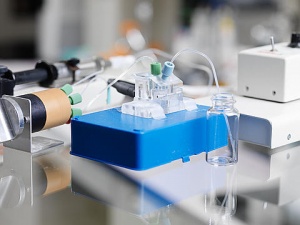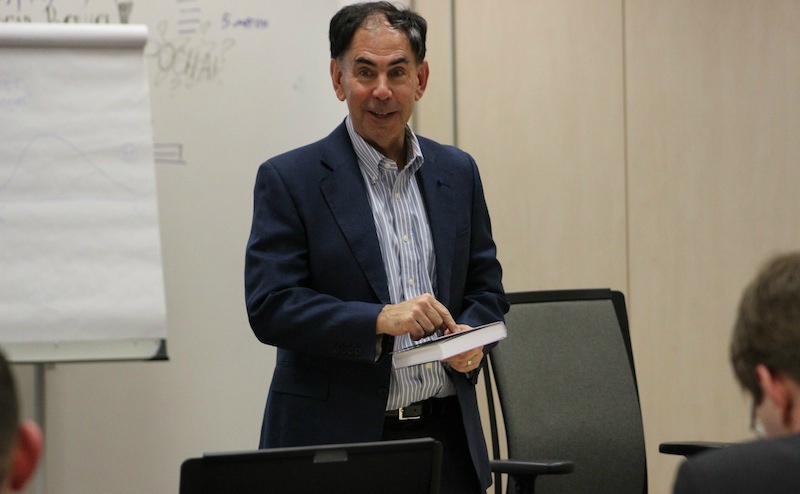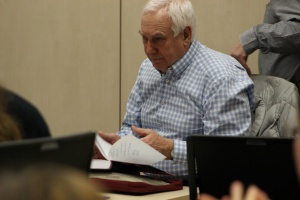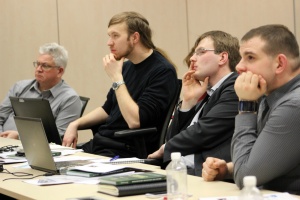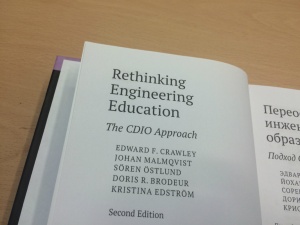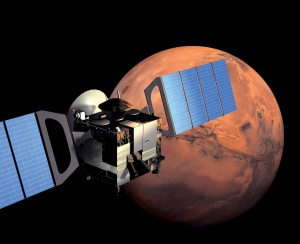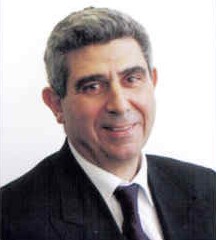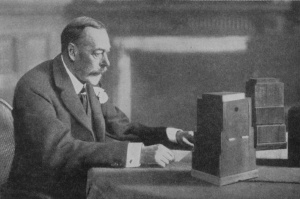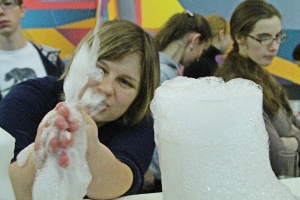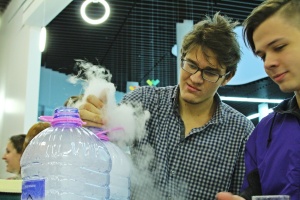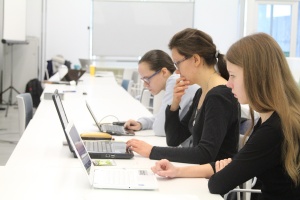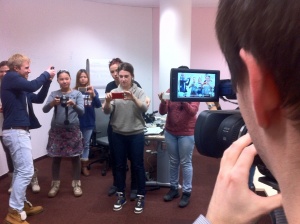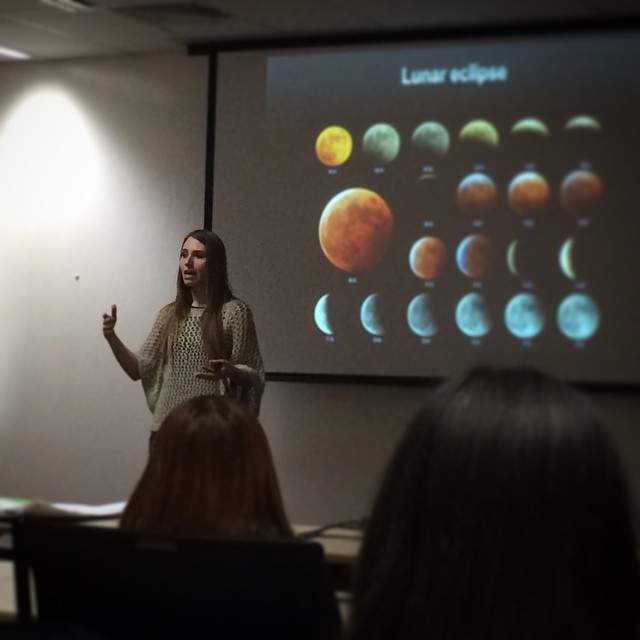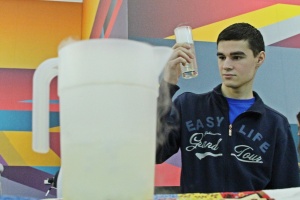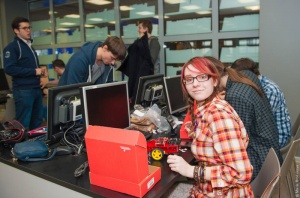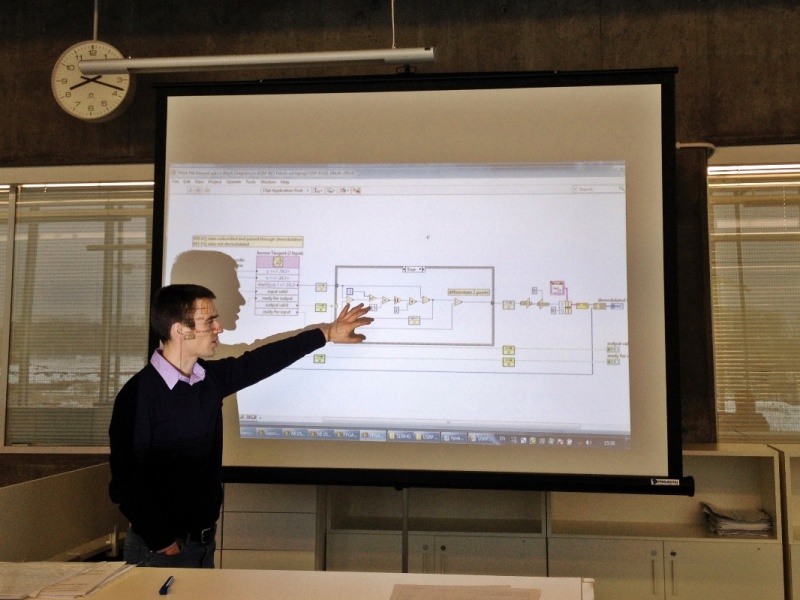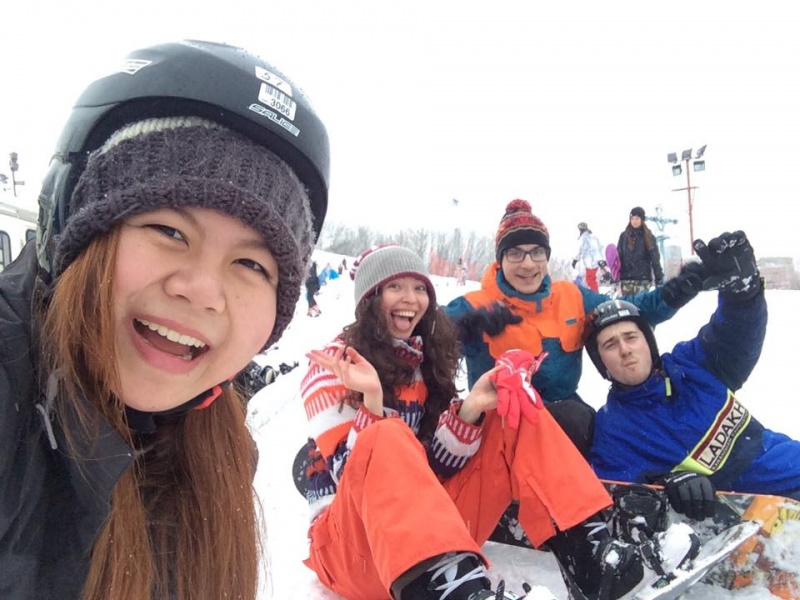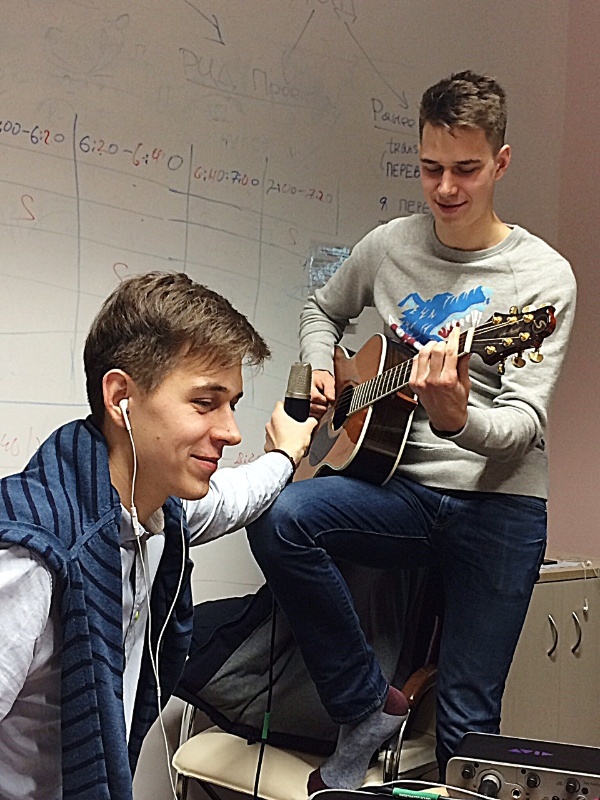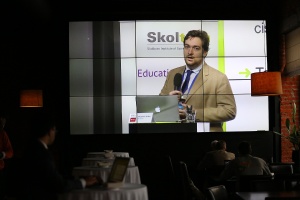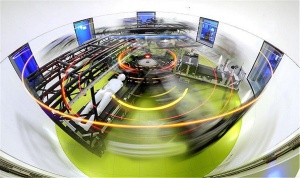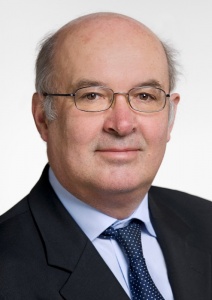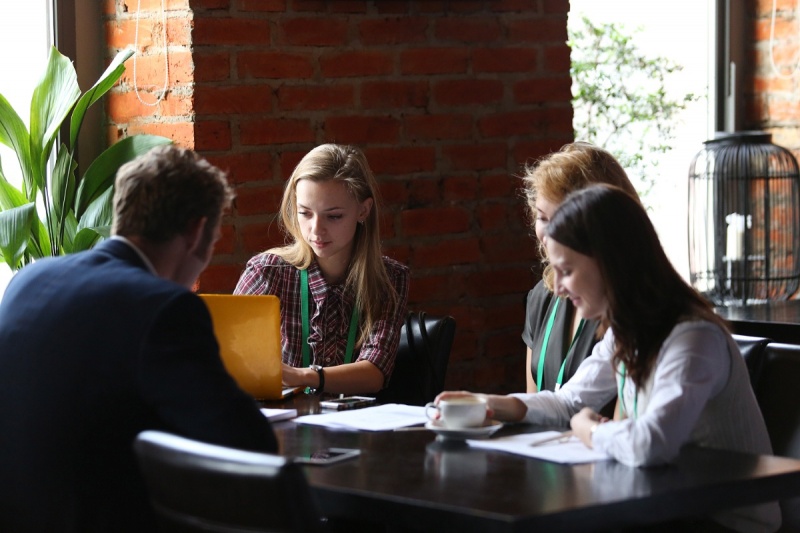We would like to invite you to the next Solid State Physics seminar.
When: 4 March, Wednesday at 16:00
Where: Beijing-1 auditorium, Moscow School of Management
Speaker: Dr. Georgy Fedorov, Kurchatov Institute.
Title: “Interplay between intrinsic and contact phenomena in carbon nanotube devices”.
Abstract:
The properties of nanoelectronic semiconductor devices are greatly affected by contact phenomena. Complete description of the phenomena taking place at the semiconductor-metal interface requires sophisticated calculations, especially in case of structures with reduced dimensionality. Carbon nanotubes (CNTs) present a perfect model object to study the rich physics of nanoscale semiconductor devices.
One of the unique features of CNTs is the ability to tune its band structure in a controllable way with magnetic field. In the first part of my talk I will show how using this effect we made a simple and efficient model for simulating transport characteristics of CNT devices accounting for the contact phenomena at the CNT/metal interface. Next we use this to analyze the chemical sensitivity of CNT-based FET devices. Importantly in both cases the response of the device to the change in the external conditions is defined by both the changes in the intrinsic properties of the conduction channel and the properties of the CNT-electrode interface.
Finally I will show how band engineering via the contact configuration allowed for observation of a strong photo thermo-electric response in asymmetric carbon nanotube devices exposed to sub-terahertz radiation. Using the developed model of transport properties of the CNT devices the thermoelectric power (TEP) of a ballistic 1D conductor is calculated as a function of the gate voltage accounting for the Schottky barriers at the CNT/metal interface. The simulations results are compared to the response of our devices in order to highlight the thermal origin of some of its features.
If you like to participate and for further information or questions, please Liliya Abaimova
Please confirm your attendance. We look forward to seeing you.
